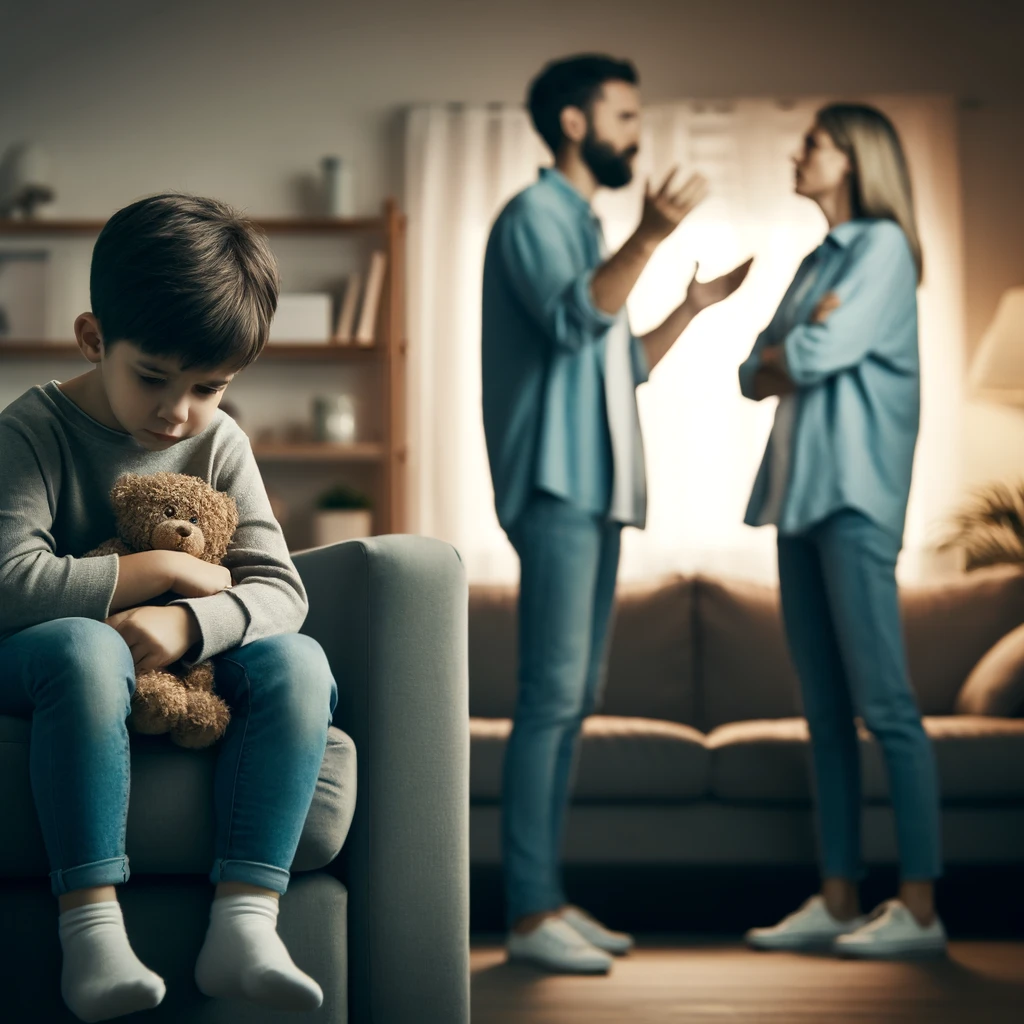
When a relationship starts falling apart, many parents ask themselves: Should we stay together for the kids?
It’s a heavy question, loaded with guilt, fear, and hope. On the surface, it seems noble — sacrificing personal happiness for the sake of the children. But the truth is more complicated.
In this article, we’ll break down what really happens when parents stay together just for the kids. We’ll also explore healthier alternatives that protect everyone’s emotional well-being.
Understanding the “Stay for the Kids” Mindset
Many parents choose to remain in unhappy marriages out of fear:
- Fear of hurting their children.
- Fear of financial instability.
- Fear of judgment from family, friends, or society.
Studies show that up to 30% of couples report staying together solely because of their kids. They believe that a “complete” family is automatically better than a “broken” one. But emotional reality often paints a very different picture.
The Emotional Cost on Children
Kids are incredibly perceptive. They notice tension, sadness, and resentment, even when parents try to hide it.
Growing up in a household filled with emotional distance or constant conflict can leave deep scars.
Long-term effects may include:
- Difficulty trusting others.
- Increased anxiety or depression.
- Struggles forming healthy relationships later in life.
According to the American Psychological Association, children exposed to ongoing parental conflict are more likely to experience emotional and behavioral problems than children whose parents divorced amicably.
Signs your child is struggling:
- Withdrawal or isolation.
- Acting out at school or home.
- Anxiety, fearfulness, or sadness.
- Drop in academic performance.
Hidden Damage to Parents
Staying in an unhappy relationship doesn’t just hurt the children — it deeply wounds the adults too.
Consequences include:
- Emotional burnout.
- Rising resentment and anger.
- Increased risk of depression and chronic health problems (like high blood pressure or weakened immune function).
Over time, parents may become less present, less affectionate, and more impatient with their children — even if they originally stayed for the sake of those very same kids.
When Staying Together Might Work
Not every unhappy marriage is the same. In some cases, staying together can still create a stable, loving environment — ifconflict is minimal and both parents commit to making the best of their situation.
Successful strategies include:
- Consistent mutual respect.
- Clear emotional boundaries.
- Active participation in therapy (individual and couples counseling).
- Prioritizing the children’s needs over personal resentments.
If both parents work to grow personally and maintain peace, children can still thrive in a household where love and safety outweigh romantic connection.
Alternatives to Staying Miserable
Sometimes, ending the marriage is the healthiest choice — for everyone.
Benefits of peaceful co-parenting after divorce:
- Children experience less conflict and more emotional stability.
- Each parent can rebuild their own happiness and emotional health.
- Kids learn valuable lessons about self-respect, boundaries, and healthy relationships.
Many divorced families find a rhythm that offers more peace and joy than they ever had living under one tense roof.
Making the Right Decision for Your Family
Choosing whether to stay together or separate is deeply personal. No article or outsider can give you a simple answer. However, you can ask yourself tough but important questions:
- Am I modeling a healthy relationship for my kids?
- Is our home peaceful, or filled with tension?
- Would a peaceful divorce offer more security than a hostile marriage?
- Have I explored counseling or therapy to clarify my feelings?
If confusion remains, professional help — like family therapists or marriage counselors — can guide you toward a choice rooted in love, clarity, and strength.
Conclusion
Staying together for the kids sounds noble — but without peace and respect, it can cause more harm than good.
Whatever choice you make, prioritize emotional health, honesty, and genuine care. Your children don’t need “perfect” parents — they need safe, stable, and loving ones.
If you feel stuck, don’t hesitate to seek support. You don’t have to navigate this decision alone.



